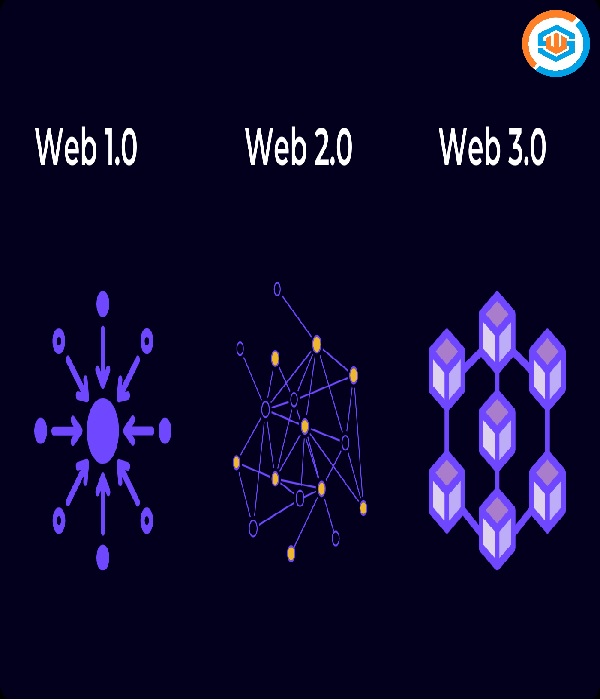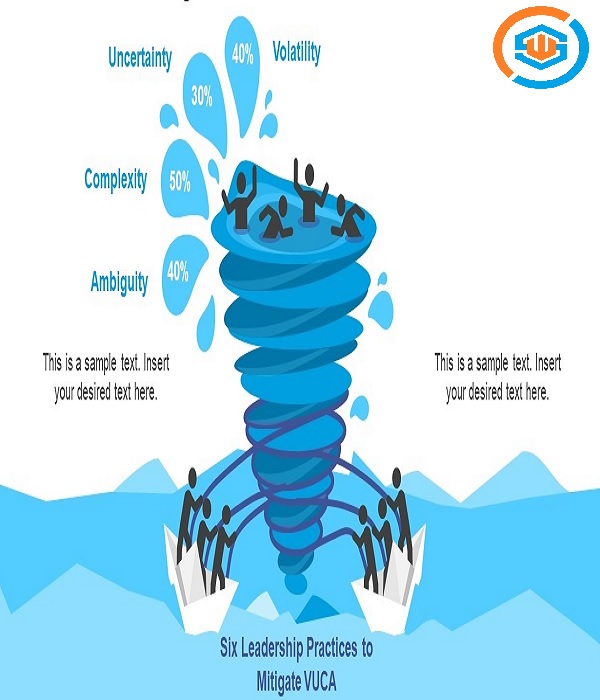
HR Back to Center
Human resources management is the process of employing people, training then, developing policies relating to the workplace, and developing strategies to retain employees
While the HR department has traditionally been focused on ensuring compliance with employment law and maintaining employee levels, in recent years we have seen a shift in the role to become more strategic and more involved in business operations.
Human resources departments have a wide remit.
Recruitment
One of the main functions of the HR team is to maintain staffing levels: to ensure the organization has the right people, in the right job, at the right time. This is a continuous task that shifts as an organization expands. This means that HR staff need to have a firm understanding of the various roles within an organization, the qualifications necessary to fill specific roles, and a general idea of the type of person best suited to these roles.
Employee relations
The lifeblood of any organization is its people. As we’ve written multiple times, engaged employees are more productive and can make a positive impact on a business’ bottom line. To that end, the HR department is there as a liaison between the organization and employees, to make sure that employees are kept abreast of relevant information and that they, in turn, are represented by the HR team in any decisions that may impact them. A simple way of keeping staff up to date is a regular HR newsletter which details pertinent news and developments, as well as providing a forum for employees to engage.
Employment law compliance
For every organization, complying with employment legislation is a requirement. From providing positive working conditions to ensuring fair work practices, the HR team is tasked with keeping an organization in line with workplace laws. This can often be a complex and every changing facet of the HR role as legislation can be tweaked sporadically if new cases or scenarios come to light.
Health and safety
Promoting a safe workplace also comes under the realm of the HR department. In this role, the HR team is responsible for ensuring an organization complies with all health and safety legislation, that employee safety training is kept up to date and that workplace safety records are maintained. Promoting workplace safety is a necessary task in any organization, but it can often fall to the bottom of the priority list when employees are busy. HR departments can keep details fresh through regular communication; using video can be a good idea to capture attention and highlight particular guidelines.
Staff training and development
Most organizations will have dedicated training for employees, from new hire induction training to providing leadership training to promoted staff members, and everything in between. A key aspect of a HR department is to facilitate workplace training, to make sure adequate training is being provided but also to encourage the ongoing development of employees through relevant training courses or workshops. Promoting employee development can play a significant role in staff retention and engagement and is a vital part of how a successful organization operates.
These five responsibilities traditionally made up the main functions of a HR department, however, we’re now seeing a HR team that’s more empowered, that enjoys a seat at the boardroom table, that’s a key player in strategic planning. After all, the HR department will often have an unrivaled knowledge of an organization’s greatest asset – its employees.
Advances in technology have led to the automation of certain procedures once performed by dedicated members of the HR team. Freed up, these team members have more time to focus on adding value to the business and driving strategic change. They are now being relied on to provide valuable insight into increasing efficiencies, implementing new policies, suggesting areas where improvements can be made and making sure structural changes are implemented with minimal impact.
We’re also seeing a HR team that’s become more of an advocate for employees. In a time where the spotlight is well and truly shining on company culture, it’s more important than ever that employees have a voice and that their experiences and concerns are sought out and listened to. Pulse surveys can be a quick and efficient way to gather employee feedback and continue to monitor it over time.











1.jpg)












(4) Comments
Greg Christman
Excellent course!
Rimply dummy text of the printinwhen an unknown printer took eype and scramb relofeletogimply dummy and typesetting industry.
Lora Ekram
Excellent course!
Rimply dummy text of the printinwhen an unknown printer took eype and scramb relofeletogimply dummy and typesetting industry.
Mike Jones
Excellent course!
Rimply dummy text of the printinwhen an unknown printer took eype and scramb relofeletogimply dummy and typesetting industry.